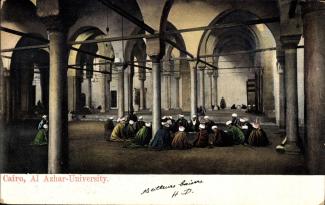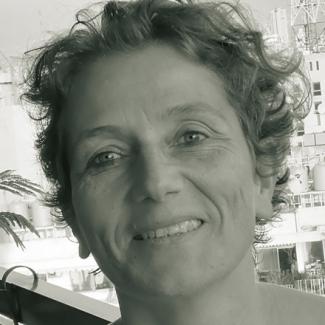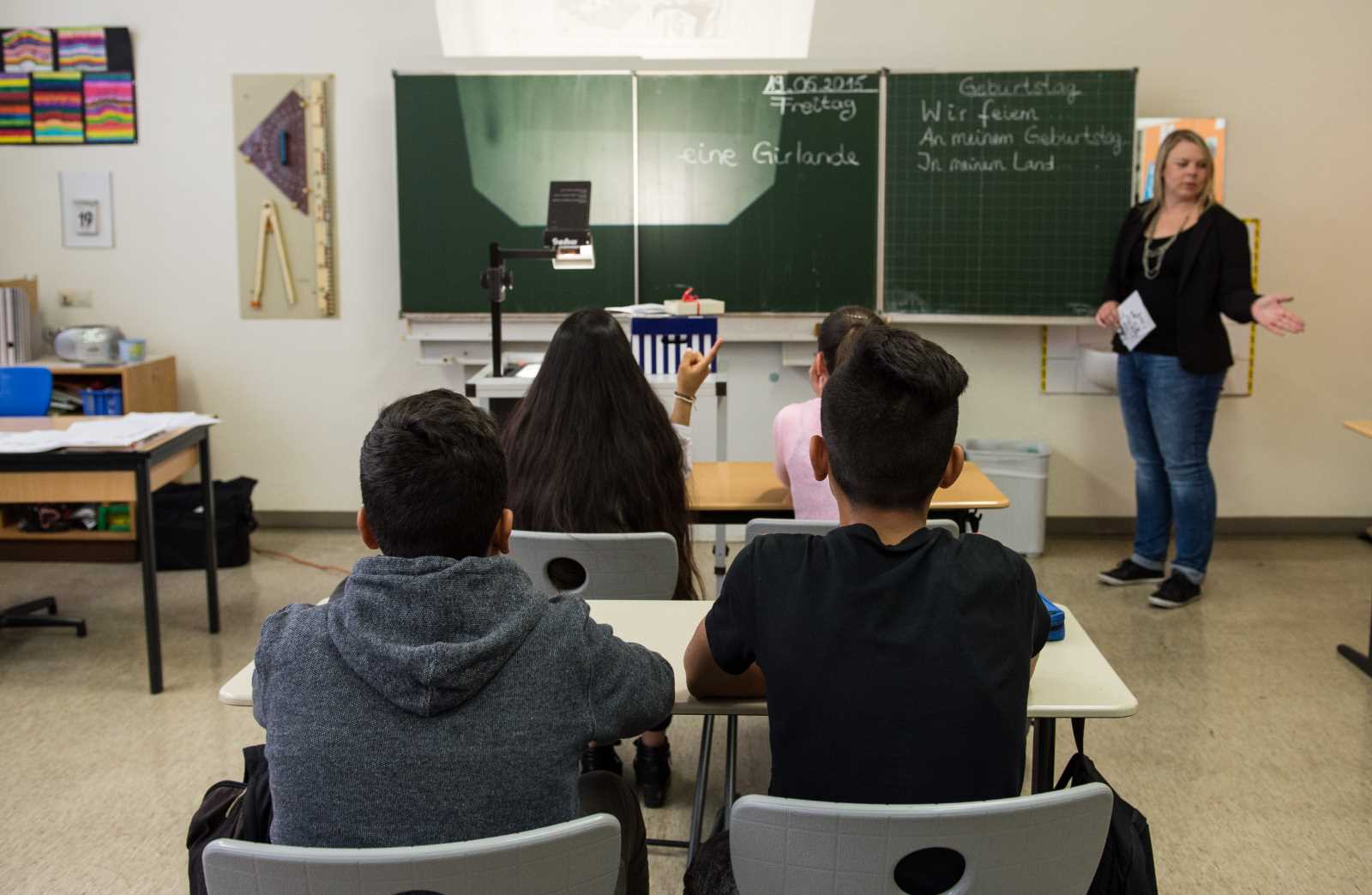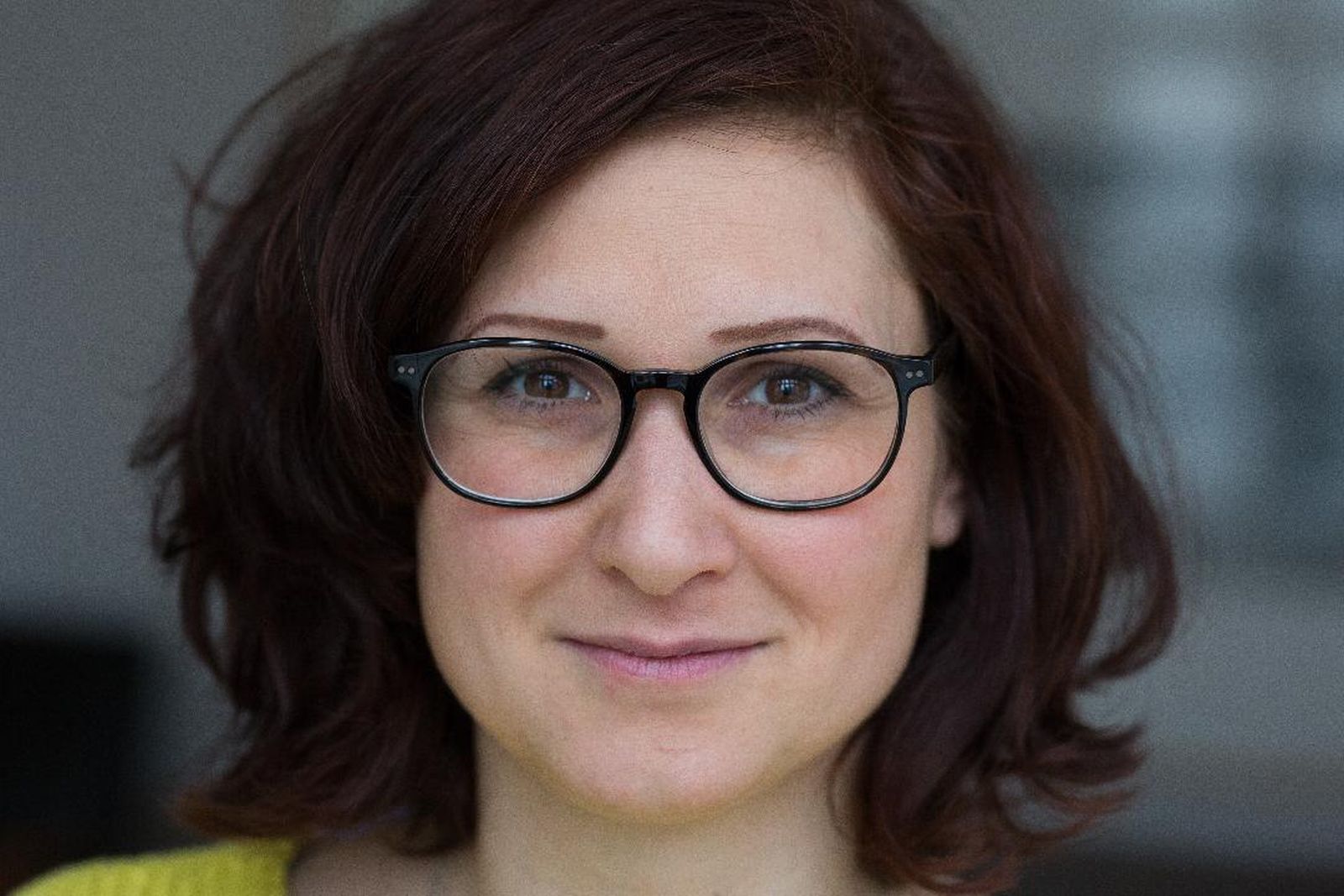Islamic religious teaching
A mixture of elementary and Koran school

The teacher was also the preacher. He instructed youngsters in the basics of reading and writing and also taught the Koran and the writings of the Prophet Mohammed. From time to time, Arabic grammar and mathematics were also on the curriculum. The kuttab was often attached to a mosque. Education and religion were literally joined at the hip in the Islamic world.
In the wake of decolonisation and the creation of nation-states, the kuttab was supplanted by western-style schools. Today, the kuttab no longer plays a significant role as a tool for secular education. Responsibility for religious education in schools resides with the state in nearly every country in the Arab world. What lives on, is the tradition of Koran schools at mosques and Islamic organisations, which perform many other functions in addition to teaching Islam.
Al-Azhar University in Cairo is one of the oldest centres of Islamic scholarship in the world, with a history stretching back over a thousand years. Now, Al-Azhar has decided to re-endorse the kuttab as an institution. It wants to see more religious instruction provided in the mosques by Al-Azhar-trained preachers.
Egyptian political scientist Reham Mokbel believes that the venerable university wants to regain control of the mosques and religious education in Egypt. Its move is a response, she says, to seeing radical Islamist groups that are prepared to resort to violence gain considerable ground and influence at Koran schools in recent years. Al-Azhar is also endeavouring to modernise religious discourse. Mohamed Muhanna, a member of Al-Azhar’s technical committee, argues that a revival of the kuttab will give more weight to the moderate interpretation of Islam that is endorsed by the university. At a kuttab, children are not simply supposed to learn the Koran by heart; they are also taught its meanings. Moreover, they can further deepen religious studies.
But there are also critical voices, sceptical of the Al-Azhar plan. Georges Fahmy of the Carnegie Endowment for International Peace, a think tank, believes that the success of the strategy will hinge on the pedagogical proficiency of the imams that will run the Koran schools and teach the children. (mn)












